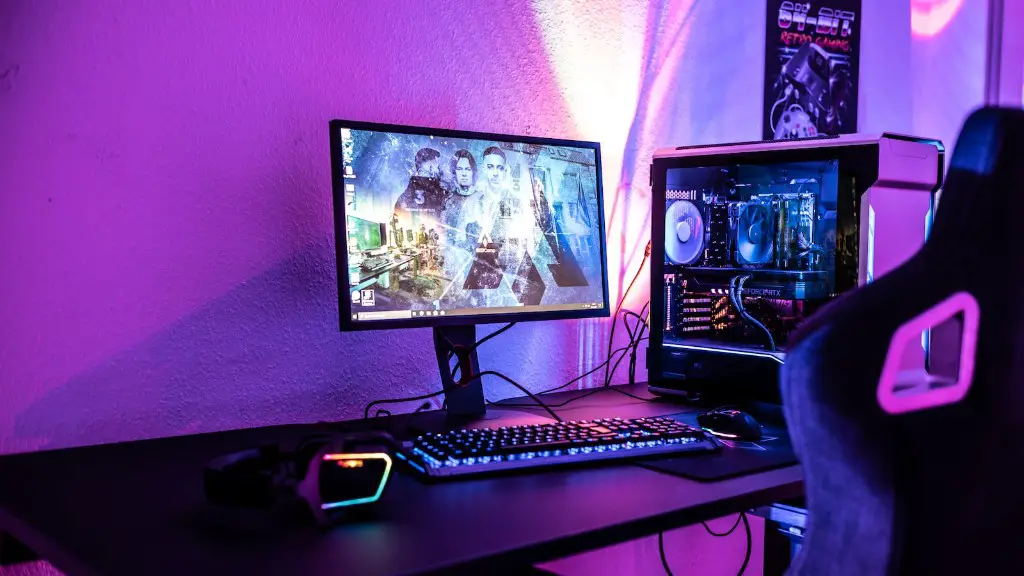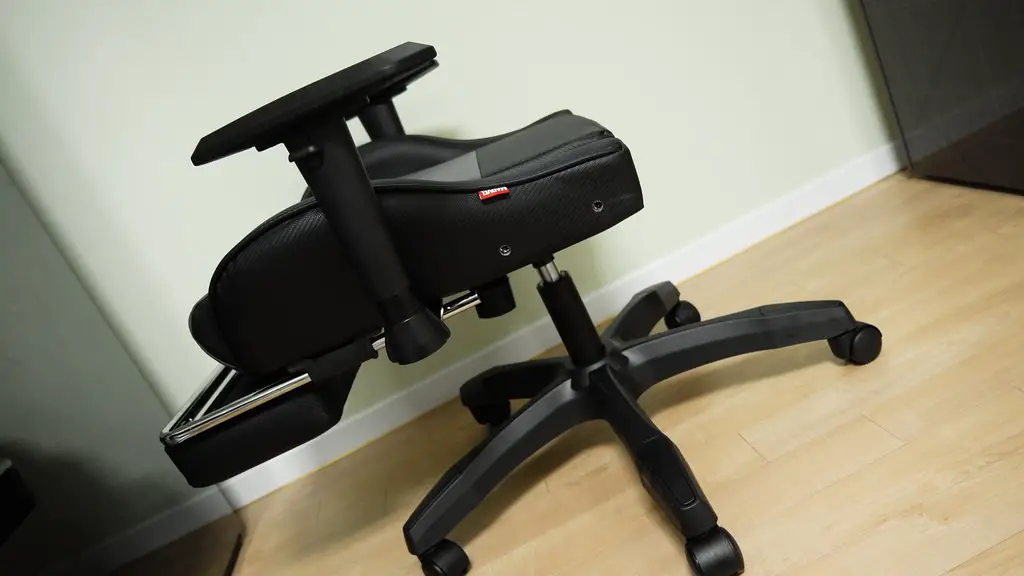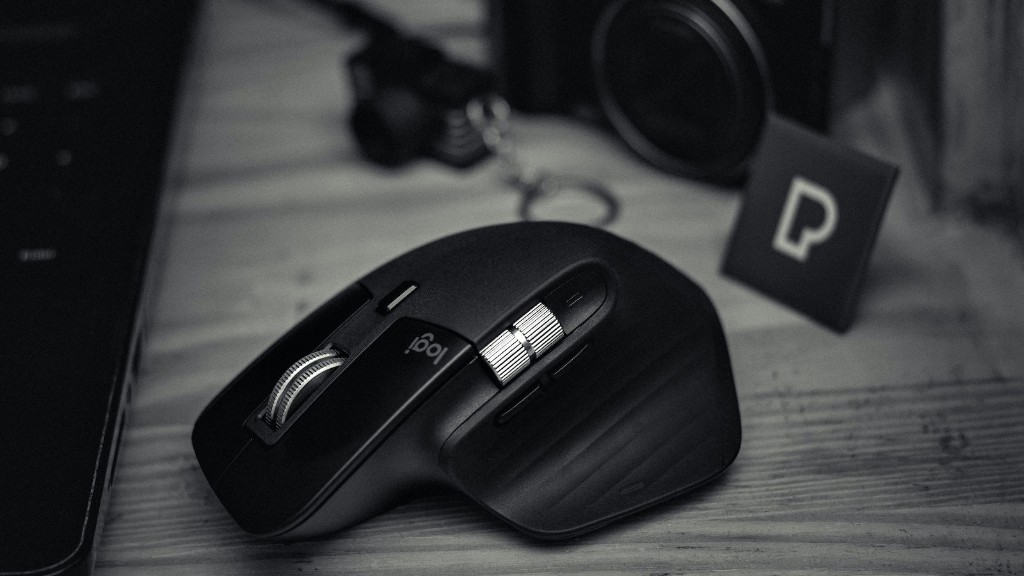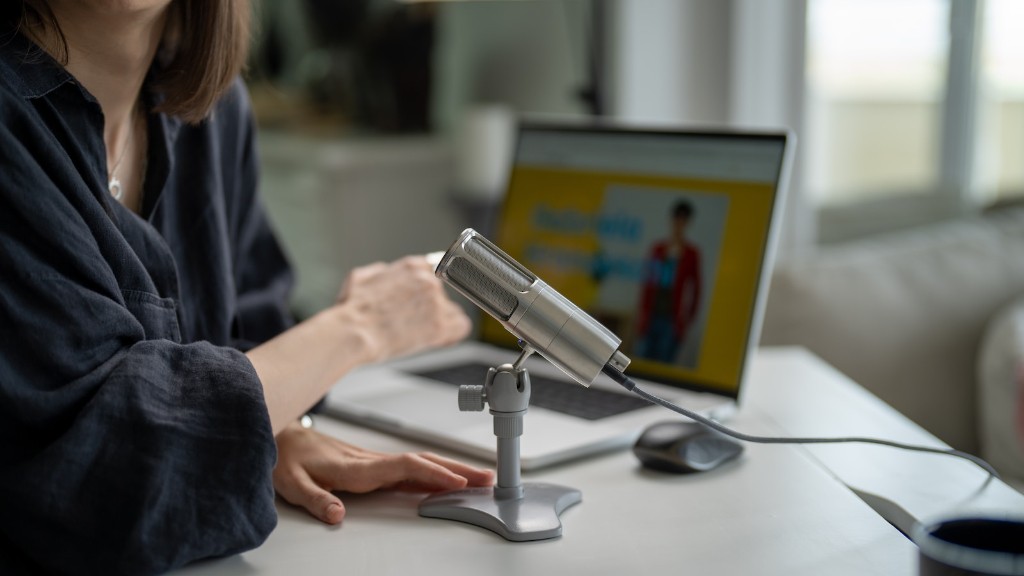A good entry-level gaming PC should offer great performance, future upgrade options, and be affordable. Many gaming PCs come with pre-configured parts, so gamers won’t have to worry about assembling their own machines. They will know what they get is already ready to go and can just plug and play. An entry-level gaming PC usually comes with a decent processor, enough RAM and a graphics card to play the latest games.
It’s important to prioritize your gaming needs when picking the right entry-level gaming PC. Consider what types of games you want to play, how much you can spend, and what type of computer configuration is most suitable for you. Entry-level gaming PCs range from a few hundred dollars to a few thousand.
In order to get the maximum performance from an entry-level gaming PC, make sure its processor has at least a few cores. This will make sure the games run smoothly and without lags or stuttering. Additionally, getting a decent amount of RAM should ensure the games utilize their allocated system resources.
An important factor to consider when building an entry-level gaming PC is the graphics card. The latest graphics cards will provide the best performance for all kinds of games. A budget card should be enough to get you running most titles, but higher-end cards may give you better performance.
Lastly, don’t forget to buy a good monitor. A good gaming monitor should come with a higher refresh rate, higher resolution, and possibly curved display. This will make sure you get the best gaming experience possible with your entry-level gaming PC.
Upgradeability
When picking the right entry-level gaming PC, one should always look out for the future upgradeability of the machine. While these machines come preconfigured, it still doesn’t hurt to know if the entry-level gaming PC can support certain types of upgrades. This may include the ability to upgrade the processor, RAM, graphics card or even the storage if ever necessary.
It’s beneficial to gain the knowledge of what type of parts the entry-level gaming PC can accept and compare them to the latest options in the market. By doing this, it allows you to prioritize power and performance while selecting the best entry-level gaming PC.
Being able to upgrade an entry-level gaming PC is also great for extending its lifespan. With the maximum performance and functionality of the PC, you can certainly take on more gaming experience as time passes by.
Actual upgrades may depend on the type of entry-level gaming PC being used, so be sure to ask the appropriate questions and read the product pages thoroughly if you expect to upgrade the components. It’s also a great idea to consider the cost of upgrading each aspect of the PC.
The best entry-level gaming PC should offer great performance today and allow you to upgrade it to the newest materials in the future.
Cooling System
Getting a good cooling system is essential for entry-level gaming PCs. It’s common to have overheating issues on gaming hardware, and this can affect the performance and lifespan of your gaming PC. With the right cooling system, it can help extend the life of the hardware and regulates temperature during intense gameplay.
Entry-level gaming PCs usually have adequate cooling systems. This should be more than enough to handle the standard tasks the computer will be faced with. But for heavier graphics processing tasks, higher-end cooling systems may be needed for proper performance.
Bottom line: make sure the entry-level gaming PC you select has a good cooling system. Therefore, feel free to tweak or add more fans if needed. You can also try different cooling methods like liquid cooling systems that may offer better temperature regulation and quieter operation than air-cooled systems.
Test the entry-level gaming PC and its components with the games you primarily play. With a good cooling system, the gaming experience should be smooth and enjoyable in the long term.
If needed, doing simple investigation and tweaking with the cooling system should make sure the entry-level gaming PC is ready to take on the gaming scenes.
Storage
Storage is another important factor to consider when choosing the best entry-level gaming PC. You can either go with mechanical hard drives or Solid State Drives (SSD). Both offer different speeds, so choose one that best suits your needs.
Hard drives will typically offer more space for storing your games than SSDs. Thus, they are cheaper than SSDs. But these are more prone to physical damage, and the read and write speeds are usually slower than an SSD. With an SSD, you’ll experience much faster loading speeds and faster game loads.
If you plan on playing more than one game and want quick loading times, an SSD would be the better solution. This can also help your entry-level gaming PC as a whole, as the faster protocol helps speeding up some processes. But with more games and other media on your computer, you may need more space than an SSD can offer.
For the best entry-level gaming PC, consider having both mechanical hard drives and SSDs in your set up. This way, you can get the best of both worlds – faster loading times from the SSD, and better storage from the hard drives.
Take note that the configuration of hard drives and SSDs can differ between platforms. It’s best to research the options available for the entry-level gaming PC you’re planning to buy, and see which would suit you best.
Computer Case
When building an entry-level gaming PC, it’s essential to get a good case. This is one of the first and foremost decisions when it comes to choosing the right parts. The case affects the components you can use and the appearance of the gaming PC.
The main factors to consider are size, cooling options, and expandability. Bigger cases offer room to install extra components and larger fans, which are crucial for cooling when playing demanding games. They also come with more slots and bays, so there’s more flexibility for the user. However, larger cases increase the size of the whole PC and may not look as cool as smaller cases.
Smaller cases are less practical, but they may draw more attention. They can also offer more visual customization, as there’s more room and versatility for windowed panels and LED lights. But beware, smaller cases can be difficult to work on, as it can be hard to fit certain components.
It’s also important to consider the ports and drive bays. Mid-towers and full-towers usually have more ports and drive bays than the mini towers. Figure out what type of drives you’ll need before you decide the case.
For entry-level gaming PCs, it’s best to go with a mid-tower to get an ideal balance between size and capability. Of course, you can always scale up and customize the case according to your needs.



